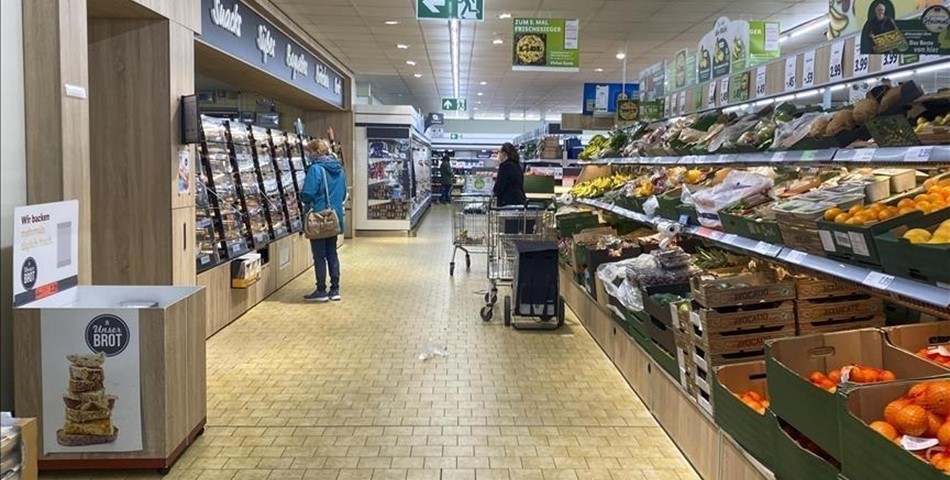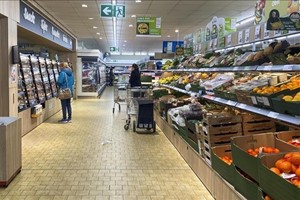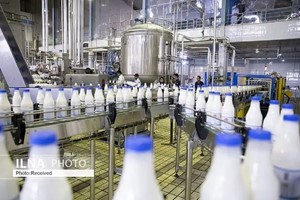Spain is known as Europe's garden because it is one of the continent's leading food producers and suppliers.
In 2021, it exported €60 billion ($59 billion) worth of fruit, olive oil, vegetables, wine, meat, and cheese around the globe.
But even Spain's relative self-sufficiency has been no match for inflationary forces. A survey by the consumer organization OCU of a basket of essential goods at 1,180 supermarkets around the country recorded prices rising an average of 15.2% over the last year, the highest annual rise in 34 years.
Like other countries worldwide, skyrocketing commodity prices, exacerbated by the war in Ukraine, have been fueling the cost of living crisis.
Spanish farmers have had to cope with a 77% spike in energy prices and a 36% surge in the cost of fertilizer, according to the Murcian agricultural association Proexport. For livestock farmers, the cost of animal feed went up by an average of 47%, according to the Spanish farmers’ union UPA.
At the same time, the hottest summer on record wreaked havoc on Spanish crops this year. Not only did the blazing sun dry out Spanish fields, but it triggered a historic wildfire season that scorched three times more land than average. Drought was the other word of the season. In September, Spain's water reserves dropped to their lowest levels in nearly three decades.
Exemplifying the harsh growing conditions, this year, Spain's olive oil production is expected to plummet 33% below average, according to a leading agricultural cooperative in the Andalusia region.
Meanwhile, the Spanish consumer organization FACUA has accused supermarket chains of making the situation worse by manipulating prices to boost their margins.
"Some of them are taking advantage of the situation. They see that there is real inflation, but since people are expecting prices to rise, instead of increasing prices by what's justified like 2% or 5%, they go ahead and raise prices by 10%, 15% or 80%," the organization's Secretary-General Ruben Sanchez told the Spanish broadcaster TVE.
"It isn't a free market competition, it's the freedom to drive people into poverty."
Fernando Agusto, a butcher who sells meat that comes directly from his own farm in the northern region of Asturias, agrees that many of the price hikes have been exaggerated. He told Anadolu Agency that his customers pay no more than they did one year ago because he doesn't have to deal with intermediaries.
For most of Spain's population, the increasing price of food is a burden they can bear. Yet the cost of living crisis is making life significantly more challenging for the estimated 13.1 million residents of Spain -- 28% of the population -- at risk of or experiencing poverty. According to Oxfam in Spain, inflation impacts the purchasing power of the poorest households by 30% more than the richest.
The rising cost of food has also been a thorn in the side of Spain's government ahead of an election year in 2023. Made up of a coalition between the Socialist Party and Unidas Podemos, on paper, this is the most left-wing government the country has had since the death of Francisco Franco.
By Alyssa McMurty














